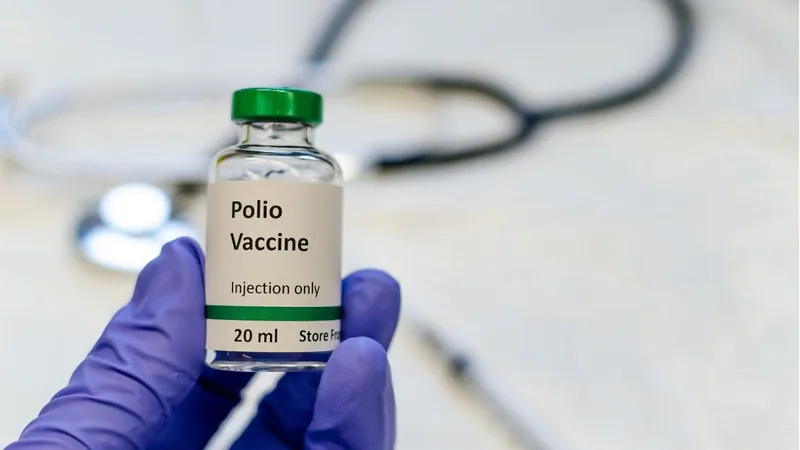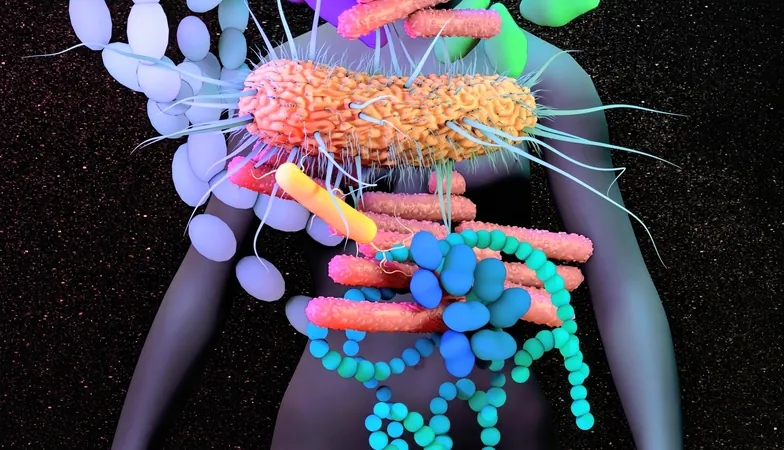
Urgent Polio Vaccinations Recommended for Children in Poland Following Virus Detection in Warsaw Sewage
2024-11-19
Author: Arjun
Poland's health authorities are sounding the alarm for parents, urging them to ensure their children are vaccinated against polio after the virus was discovered in the sewage system of Warsaw during routine testing this month. While the detection of the virus in wastewater does not necessarily indicate an outbreak, officials warn that unvaccinated individuals could be at risk.
The Main Sanitary Inspectorate of Poland has announced that vaccinations against polio are available free of charge for anyone under the age of 19. To combat the potential threat posed by the polio virus, new measures are being implemented, which include enhanced monitoring of sewage samples from Warsaw, restocking vaccination supplies, and creating an updated registry of unvaccinated children.
Health experts remind the public that polio is primarily transmitted through contact with contaminated waste from an infected individual, and, to a lesser extent, through contaminated food or water. The virus is most dangerous for young children, particularly those under five years old. Although the majority of people infected with polio show no symptoms, the disease can rapidly progress to affect the nervous system, leading to paralysis in severe cases. The World Health Organization (WHO) estimates that one in every 200 polio infections results in permanent paralysis, most frequently impacting the legs.
Currently, around 86% of three-year-olds in Poland have received their polio vaccinations. Health officials stress that achieving a vaccination rate of at least 95% is crucial to effectively prevent the transmission of the virus.
Moreover, Poland has been grappling with a growing anti-vaccination sentiment among certain segments of the population, a trend that has raised concerns among health authorities regarding its potential impact on public health.
It's important to note that Poland has not reported a case of polio since 1984, making the recent virus detection a stark reminder of the necessity of vaccinations in preventing resurgence. Health authorities are now calling for immediate action, emphasizing that parents must prioritize their children's health by ensuring they receive the necessary immunizations. In light of these developments, vigilance in monitoring polio and increasing vaccination rates will be critical to safeguarding public health in Poland.




 Brasil (PT)
Brasil (PT)
 Canada (EN)
Canada (EN)
 Chile (ES)
Chile (ES)
 España (ES)
España (ES)
 France (FR)
France (FR)
 Hong Kong (EN)
Hong Kong (EN)
 Italia (IT)
Italia (IT)
 日本 (JA)
日本 (JA)
 Magyarország (HU)
Magyarország (HU)
 Norge (NO)
Norge (NO)
 Polska (PL)
Polska (PL)
 Schweiz (DE)
Schweiz (DE)
 Singapore (EN)
Singapore (EN)
 Sverige (SV)
Sverige (SV)
 Suomi (FI)
Suomi (FI)
 Türkiye (TR)
Türkiye (TR)